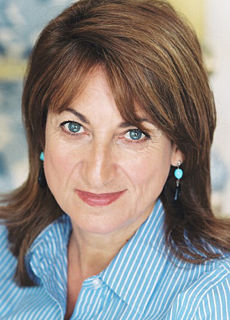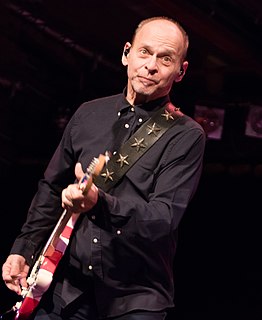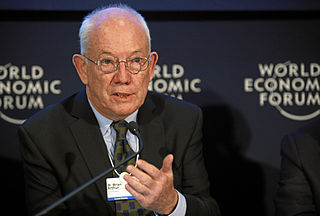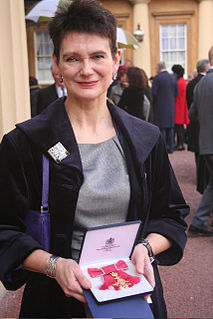A Quote by Ashraf Ghani
Economics taught in most of the elite universities are practically useless in my context. My country is dominated by drug economy and a mafia. Textbook economics does not work in my context, and I have very few recommendations from anybody as to how to put together a legal economy.
Related Quotes
I started in the law; and the study of law, when it precedes the study of economics, gives you a set of foundation principles about how human beings interact. Economics is very useful, and I studied economics in graduate school. But without understanding the social and organizational context of economics, it becomes a theory without any groundwork.
My Prime Minister regards the economy as our highest priority and forgets that economics and ecology are derived from the same Greek word, oikos, meaning household or domain. Ecology is the study of home, while economics is its management. Ecologists try to define the conditions and principles that enable a species to survive and flourish. Yet in elevating the economy above those principles, we seem to think we are immune to the laws of nature. We have to put the ‘eco’ back into economics.
Trickle-down economics - it didn't work. The whole idea was supply-side economics: give rich people a lot of money; they'll spend it, it'll go into the economy. Here's what we found out - rich people, really good at keeping all the money. That's how they got rich. If you want it in the economy, give it to the poor people. You know what they're really good at? Spending all their money.
Most intellectuals outside the field of economics show remarkably little interest in learning even the basic fundamentals of economics. Yet they do not hesitate to make sweeping pronouncements about the economy in general, businesses in particular, and the many issues revolving around what is called 'income distribution'.
































